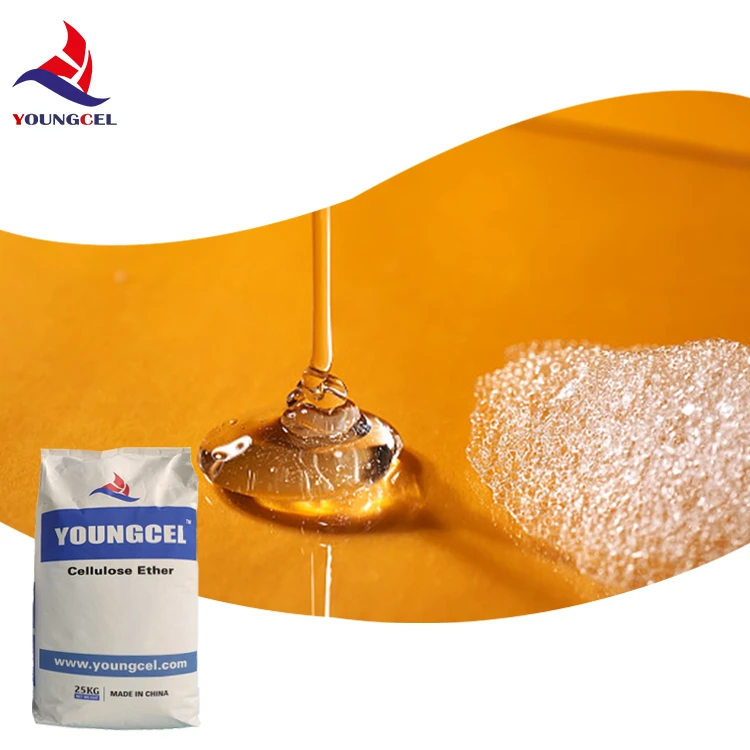Understanding Tile Bond Chemicals A Comprehensive Overview
Tile bonding is a crucial aspect of interior and exterior design, ensuring that tiles adhere firmly to substrates for lasting durability and visual appeal. The right tile bond chemical plays a pivotal role in the installation process, as it determines the longevity, strength, and overall performance of the tiles. In this article, we will explore the types of tile bond chemicals, their applications, and key considerations when selecting the appropriate product for your tiling needs.
What are Tile Bond Chemicals?
Tile bond chemicals, commonly known as tile adhesives or thin-set mortars, are specialized compounds designed to facilitate the effective adhesion of tiles to various surfaces. These chemicals are formulated to provide strong bonding capabilities, allowing tiles to withstand various environmental factors, such as moisture, temperature changes, and mechanical stress. Tile adhesives can be categorized into several types, each suited for different applications and substrates.
Types of Tile Bond Chemicals
1. Cement-Based Adhesives Cement-based tile adhesives are among the most widely used products. They typically consist of a mixture of cement, sand, and additives that enhance their performance. These adhesives are ideal for various tile types, including ceramic, porcelain, and natural stone. Cement-based adhesives can be further divided into modifications - Thin-set Mortars These are standard high-performance adhesives that are mixed with water or a liquid latex additive to improve their bonding strength and flexibility. - Medium Bed Mortars Designed for larger tiles or when a thicker bed is required, these mortars support heavier tiles and reduce the risk of sagging. - Thick Bed Mortars Used for greater variations in substrate height, thick bed mortars provide excellent support for large-format tiles.
2. Reactive Adhesives These adhesives, including epoxy and polyurethane-based options, are known for their superior bonding capabilities and resistance to water and chemicals. They are ideal for areas exposed to harsh conditions, such as commercial kitchens and bathrooms. Reactive adhesives are particularly beneficial for bonding natural stones that may be sensitive to moisture.
3. Pre-Mixed Adhesives Pre-mixed tile adhesives are convenient options that come ready-to-use in tubs or buckets. They are typically ideal for small projects and DIY applications but may not offer the same level of performance as cement-based options, especially in high-moisture areas.
Applications of Tile Bond Chemicals
tile bond chemical

Tile bond chemicals are versatile and can be used in various applications
- Flooring From living rooms to commercial spaces, tile adhesives ensure that tiles are firmly attached to the sub-floor, minimizing the risks of cracking or loosening over time. - Walls In wet areas like bathrooms and kitchens, using the right adhesive is vital for preventing moisture penetration and mold growth. - Outdoor Spaces Specialized outdoor tile adhesives are designed to withstand extreme weather conditions and changes in temperature, making them suitable for patios and walkways. Key Considerations When Choosing Tile Bond Chemicals
1. Tile Type Different tiles require different adhesive properties. Porcelain and ceramic tiles generally use cement-based adhesives, while natural stones may need reactive options.
2. Substrate Compatibility Understanding the surface on which the tile will be installed is crucial. Concrete, drywall, and cement backer board each have specific adhesive requirements.
3. Environmental Conditions Consider the installation environment. Areas with high moisture levels or extreme temperatures may necessitate the use of specialized adhesives designed for those settings.
4. Installation Method The method of installation (thin-set, thick bed, or mastic) will influence the choice of adhesive.
5. Future Maintenance Selecting an adhesive that provides longevity and ease of maintenance can significantly enhance the lifespan of your tiled surfaces.
Conclusion
Tile bond chemicals are indispensable in the world of tiling, offering the assurance of durability and aesthetic appeal. By understanding the various types, applications, and considerations associated with tile adhesives, both professionals and DIY enthusiasts can make informed choices that meet their specific needs. Investing in the right tile bond chemical not only ensures a flawless installation but also enhances the overall quality and longevity of the tiled surfaces in your home or commercial space.
-
The Application and Significance of Construction RdpNewsMay.19,2025
-
Industrial Grade HpmcNewsMay.19,2025
-
Building Coating Adhesive Building Coating Adhesive HpmcNewsMay.19,2025
-
Application Of Hpmc For Detergent For Detergent In DetergentsNewsMay.19,2025
-
Application Of Hpmc Cellulose In Cement-Based MaterialsNewsMay.19,2025
-
Application Of High Quality Hpmc For Construction In The Field Of ConstructionNewsMay.19,2025




